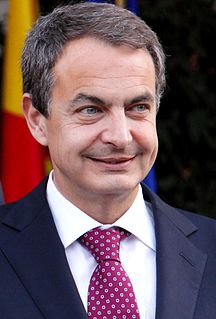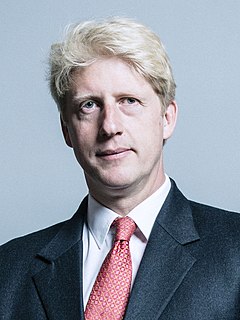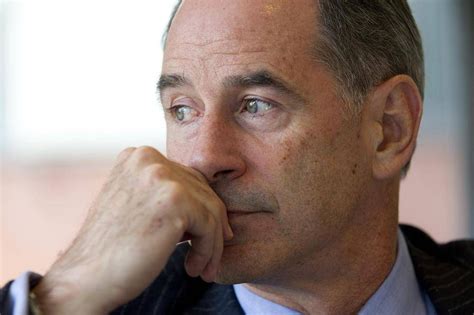A Quote by Herman Kahn
For some years I have spent my time on exactly these questions - both in thinking about ways to prevent war, and in thinking about how to fight, survive, and terminate a war, should it occur.
Related Quotes
The World War I, I'm a child of World War I. And I really know about the children of war. Because both my parents were both badly damaged by the war. My father, physically, and both mentally and emotionally. So, I know exactly what it's like to be brought up in an atmosphere of a continual harping on the war.
What we're thinking about is a peaceful planet. We're not thinking about anything else. We're not thinking about any kind of power. We're not thinking about any kind of struggles. We're not thinking about revolution or war or any of that. That's not what we want. Nobody wants to get hurt. Nobody wants to hurt anybody. We would all like to be able to live an uncluttered life. A simple life, a good life. And think about moving the whole human race ahead a step, or a few steps.
It's a beautiful book [Into the Forest], so for those who are thinking about reading it, they absolutely should. First and foremost, I just devoured it, as a story. At that time, and still, it just encompassed a lot of things that I was thinking about, and that the world is thinking about, with society's relationship to the environment, our personal relationship to it, and how disconnected we are from it, myself included.
How much time have you invested in thinking about strategy? How many options have you considered before the plan was written? How have you ensured that the thinking behind the plan is challenged? How much time do you spend exploring trends, possibilities and cool stuff? How much time is spent playing with ideas, hopes and dreams?
In order to have a hope of creating better answers, we need to deeply understand the logic of the opposing answers. That means thinking about how we think about both models - not just do we like one versus the other. Rather we have to ask: How do I think each model produces the results that it does? Metacognition, thinking about thinking, builds up our capacity to do that and to play with opposing ideas - and new models - in real time.
To have security against atomic bombs and against the other biological weapons, we have to prevent war, for if we cannot prevent war every nation will use every means that is at their disposal; and in spite of all promises they make, they will do it. At the same time, so long as war is not prevented, all the governments of the nations have to prepare for war, and if you have to prepare for war, then you are in a state where you cannot abolish war.
This is the ultimate war of ideas. You're trying to get somebody to change their mind about conservatism, because that's exactly what we're fighting out there. We're fighting an insanely fundamentalist mentality that relies on taking certain things absolutely literally, and they're people on both sides of the conflict doing that. Even now, some people still take the Bible literally, and those are the ones wanting to fight a war against Islam.
When we are not engaged in thinking about some definite problem, we usually spend about 95 percent of our time thinking about ourselves. Now, if we stop thinking about ourselves for a while and begin to think of the other person's good points, we won't have to resort to flattery so cheap and false that it can be spotted almost before it is out of the mouth.




































